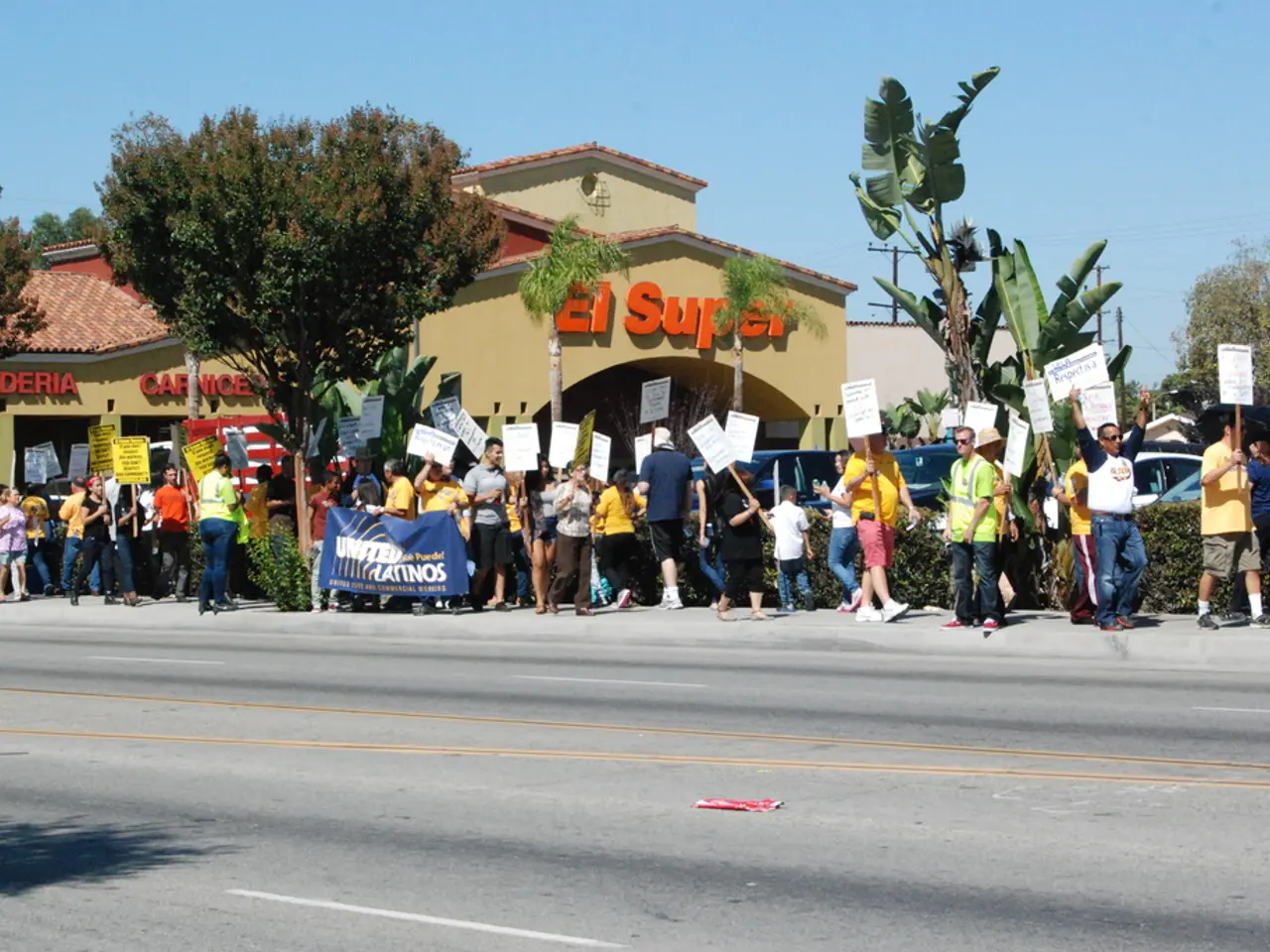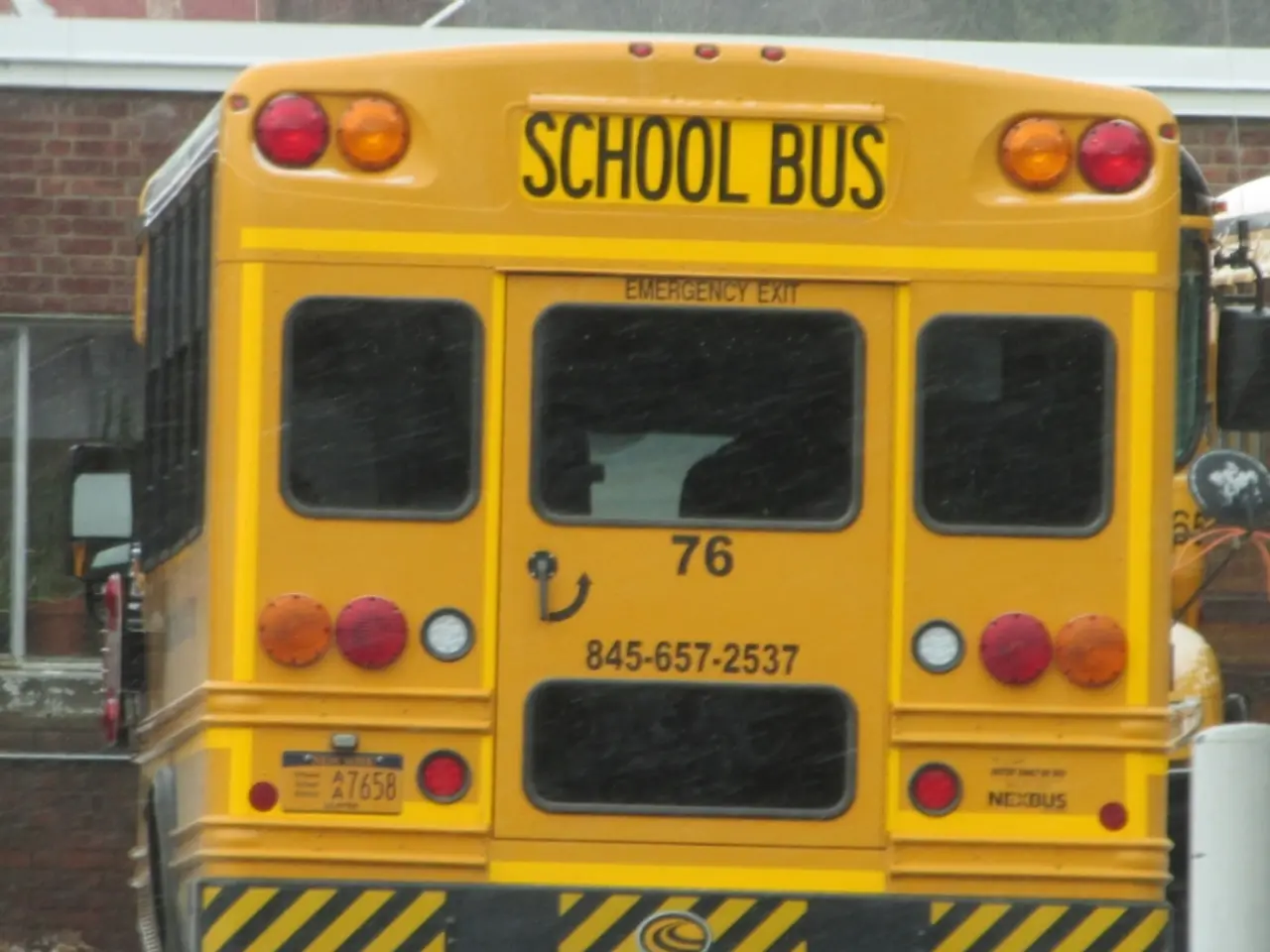Understanding Political Surveys: Techniques, Precision, and Influence
In the modern age of politics, telephone surveys and online surveys have become increasingly popular due to their cost-effectiveness and ability to reach a wider audience. These tools serve as critical instruments for gauging public opinion, but their accuracy can be influenced by a variety of factors.
The accuracy of a poll depends heavily on how well the sample reflects the broader population. If the sample is not representative, sampling error occurs, leading to biased results. Larger sample sizes generally reduce the margin of error and increase confidence in the results, but only if the sample is truly random and representative. Low response rates can introduce bias, as those who respond may differ systematically from those who do not, potentially skewing results.
The way participants are contacted can also affect the representativeness of the sample. For instance, participants reached via phone or online may differ in their willingness to respond, influencing the sample's composition. The type and wording of questions can significantly impact responses. Poorly worded questions may lead to misinterpretation or socially desirable answers.
The timing of a poll relative to political events or news cycles can also affect public opinion, potentially making results outdated or volatile. Pollsters often weight results to match known population characteristics, such as party identification or demographic groups. Incorrect assumptions about these factors can introduce error. Some polling firms exhibit consistent biases due to their methodologies, clientele, or the types of samples they use, which can distort averages if not accounted for.
Using opt-in online marketplaces or robo-calling landlines may result in low-quality data and unrepresentative samples. Lack of transparency about survey sponsors or methodologies can make it difficult to assess the credibility of poll results.
In summary, the accuracy of political polls is shaped by how samples are selected, the methodology used to conduct and analyze the survey, the quality and transparency of data, and the way results are interpreted and weighted. Each of these factors must be carefully managed to produce reliable estimates of public opinion.
Political polling is a powerful tool that can provide valuable insights into public opinion and attitudes. However, political polls are not a guarantee of victory or defeat and can sometimes be wrong. It is important for pollsters to follow ethical guidelines, such as using representative samples, neutral and unbiased language, and avoiding leading or loaded questions.
Accuracy is a crucial factor in political polling; factors affecting accuracy include sample size, sample selection, and the wording of questions. For more information on polls, surveys, and statistics, visit [www.our website]. Political polling is an important part of the electoral process, but it should not be relied upon as the sole indicator of public opinion or electoral outcomes.
- The selection of an appropriate sample size in political polling is essential to minimize sampling error and increase confidence in the results.
- If a sample is not representative of the broader population, the accuracy of the poll can be compromised.
- Low response rates can introduce bias into polling data, as the pool of participants may differ systematically from the general population.
- The method of contact, such as phone or online, can impact the representativeness of the sample, altering the willingness of participants to respond.
- Question types and wording significantly influence responses, with poorly worded questions leading to potential misinterpretation and socially desirable answers.
- The timing of a poll relative to political events or news cycles can affect the volatility of public opinion, potentially making results outdated.
- To improve the credibility of poll results, transparency about survey sponsors, methodologies, and data quality is essential.
- In the vast field of politics, policy-and-legislation, general-news, education-and-self-development, polling provides valuable insights into public opinion and attitudes, but accurate interpretation of poll results requires a comprehensive understanding of the factors affecting their accuracy.




